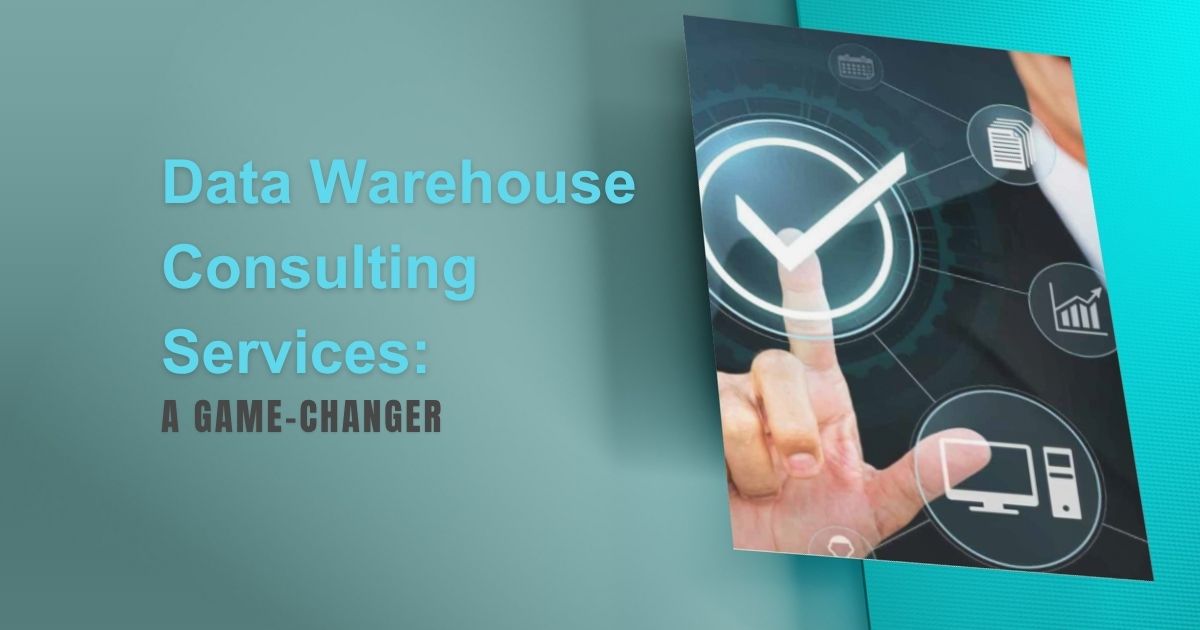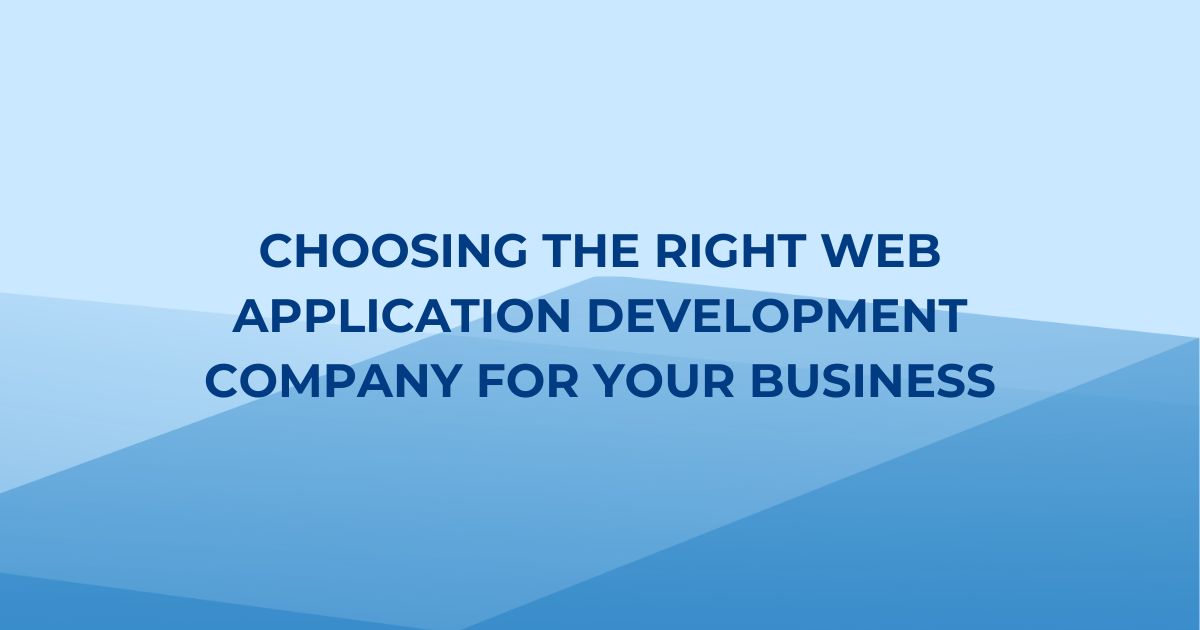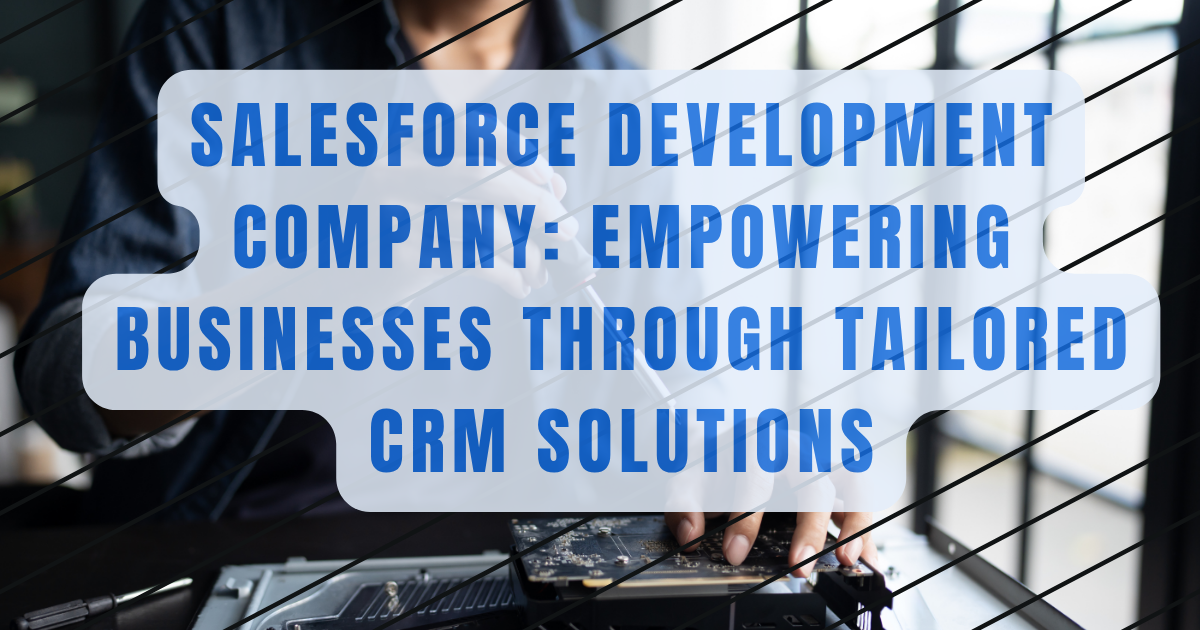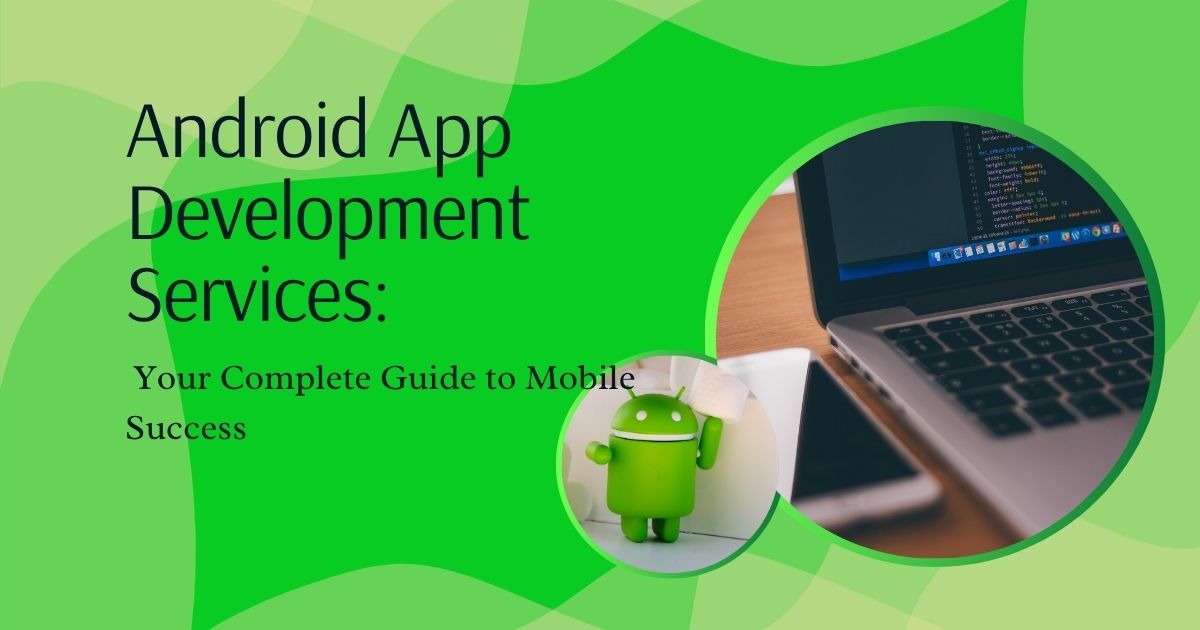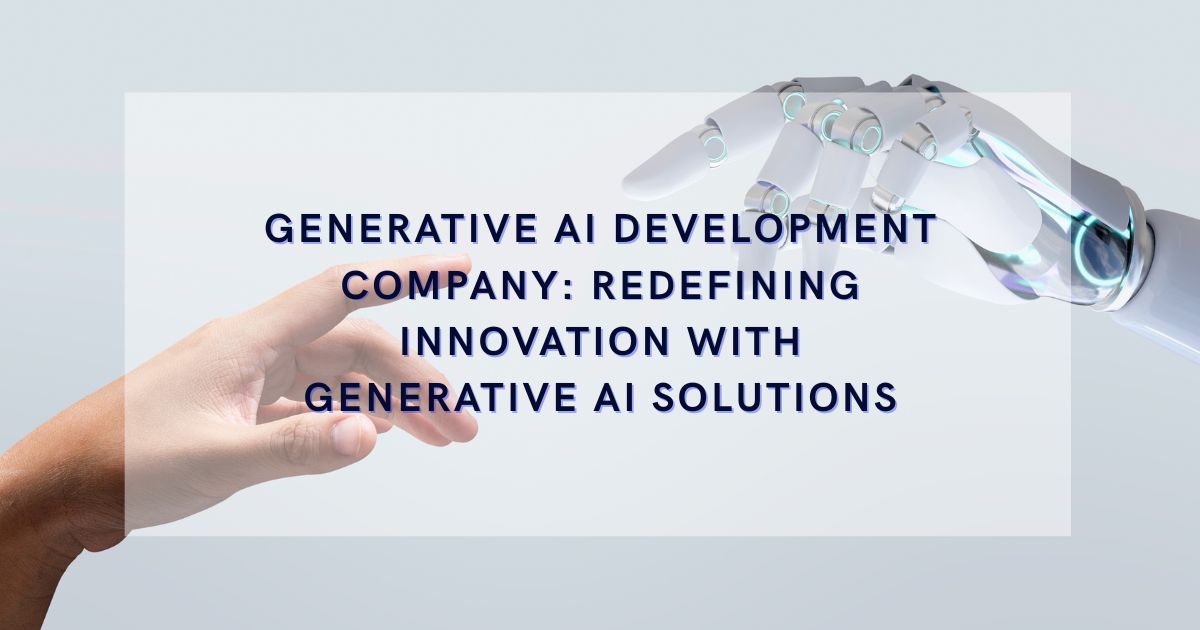Choosing the Right IoT Hardware Development Company: A Complete Guide
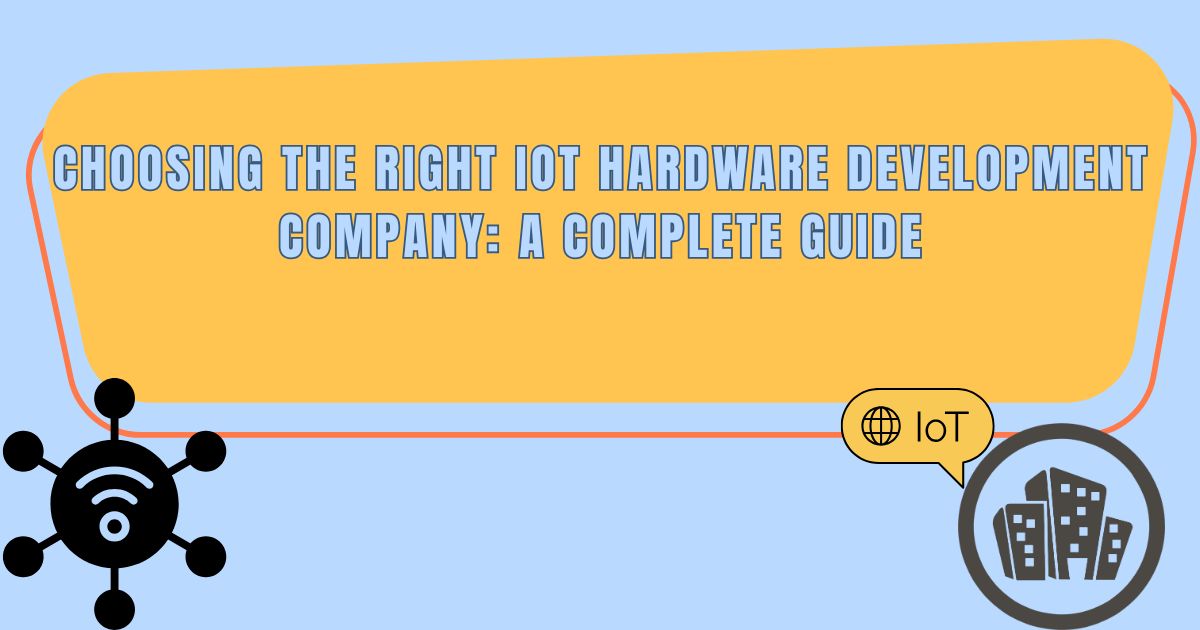
In today’s fast-paced digital landscape, the Internet of Things (IoT) is no longer just a buzzword—it's a technological revolution reshaping the way we live, work, and interact with devices. Whether it’s smart homes, industrial automation, or wearable tech, the success of any IoT solution largely depends on robust, reliable, and scalable hardware. That’s where the right IoT hardware development company comes into play.
But how do you choose the best partner for your IoT venture? Let’s dive into everything you need to know.
What is IoT Hardware Development?
IoT hardware development refers to the creation and customization of physical devices that collect and exchange data via the internet. These include sensors, actuators, microcontrollers, and communication modules. While software is crucial, without the right hardware, your IoT system can crumble like a house of cards.
Why Choosing the Right IoT Hardware Partner Matters
Think of your IoT hardware development company as your architect. You wouldn’t build a house without a solid blueprint, right? Similarly, your IoT hardware must be thoughtfully engineered for reliability, performance, and scalability.
Here’s why it matters:
- Quality assurance: Avoid costly recalls or malfunctions.
- Scalability: Your product should grow with your market.
- Time-to-market: A good partner helps speed up delivery.
- Compliance: Ensure certifications and safety standards are met.
Key Services Offered by an IoT Hardware Development Company
When evaluating potential partners, make sure they offer a comprehensive range of IoT hardware design services such as:
1. Hardware Prototyping
Before mass production, a prototype is developed to test functionality and usability.
2. PCB Design and Layout
Printed Circuit Board design is at the core of all electronic devices, demanding precision and expertise.
3. Firmware Development
Firmware acts as the bridge between hardware and software, essential for device performance.
4. Embedded Systems Design
Highly specialized systems tailored for real-time applications, from medical devices to automotive systems.
5. Component Selection and Sourcing
Choosing the right components ensures optimal performance, availability, and cost-effectiveness.
6. Testing and Validation
From stress testing to environmental validation, every device must prove its mettle before hitting the market.
Custom vs. Off-the-Shelf IoT Hardware
Should you go custom or pick something already available? It depends.
- Custom Hardware: Tailored to your exact needs. Best for unique applications and long-term projects.
- Off-the-Shelf: Quick and cost-effective, ideal for prototypes or MVPs.
- A solid IoT hardware development company can help you decide based on your goals.
Industries That Rely on IoT Hardware Design Services
IoT has infiltrated nearly every industry. Here's where it’s making the biggest splash:
- Smart Home and Consumer Electronics
- Healthcare and Wearables
- Agriculture and Precision Farming
- Automotive and Transportation
- Industrial Automation and Manufacturing
- Energy and Utilities
- Retail and Inventory Management
Each industry has its own unique requirements and compliance needs—another reason why an experienced hardware partner is invaluable.
Essential Qualities to Look for in an IoT Hardware Partner
When evaluating your options, make sure the company ticks these boxes:
1. Proven Expertise
Look for a track record in delivering successful IoT solutions, especially in your niche.
2. Cross-Disciplinary Teams
Great hardware requires collaboration between electrical engineers, embedded developers, and system architects.
3. Rapid Prototyping Capabilities
The faster you can iterate, the faster you can hit the market.
4. End-to-End Services
From concept to certification, find a partner who walks with you every step of the way.
5. Strong Communication
Tech jargon is fine, but if they can’t explain things simply, that's a red flag.
Cost Considerations in IoT Hardware Development
Costs can vary widely depending on complexity, volume, and features. Here are some key factors:
- Design complexity
- Certification requirements
- Component availability
- Tooling and manufacturing
- Testing and debugging
While it's tempting to cut corners, remember—cheap hardware usually ends up being expensive in the long run.
Common Challenges in IoT Hardware Development
Developing IoT hardware isn’t all sunshine and rainbows. Here are a few hurdles:
- Power Management: Ensuring long battery life without compromising functionality.
- Connectivity Issues: Maintaining stable communication across various networks.
- Scalability: Designing for thousands (or millions) of devices.
- Security: Guarding against physical tampering and cyber attacks.
An experienced IoT hardware development company can help you navigate these pitfalls with ease.
The Role of Certifications in IoT Hardware
Before your device can be sold, it needs to comply with various international and regional standards:
- FCC (U.S.)
- CE (Europe)
- RoHS
- UL
- ISO standards
These ensure your device is safe, legal, and environmentally friendly.
Trends Shaping the Future of IoT Hardware
The landscape is evolving fast. Some key trends include:
- Edge Computing: Processing data locally for real-time decisions.
- Low-Power Wide-Area Networks (LPWANs): Ideal for remote applications.
- AI Integration: Smarter sensors that can "think" on their own.
- Flexible and Printed Electronics: Imagine sensors you can wear like a band-aid!
Staying ahead means partnering with a company that's in tune with the future.
Top Questions to Ask Your Potential IoT Hardware Development Company
- What industries do you specialize in?
- Can you show examples of previous projects?
- How do you handle testing and certifications?
- What’s your typical development timeline?
- Do you offer post-launch support?
Red Flags to Avoid When Choosing a Hardware Partner
- Vague timelines or estimates
- No clear documentation or communication plan
- Limited portfolio or no references
- No in-house testing or certification process
- Poor understanding of your market
Trust your gut. If it feels off, it probably is.
How to Get Started With Your IoT Hardware Project
Feeling ready? Here’s a quick checklist to get rolling:
- Define your product requirements
- Choose your target market and budget
- Shortlist experienced hardware partners
- Discuss timelines and deliverables
- Request a proposal and prototype plan
The sooner you start, the sooner your idea becomes a reality.
Conclusion
In a world where every device is getting “smart,” choosing the right IoT hardware development company is more critical than ever. From concept to creation, the right team not only brings your vision to life but ensures it thrives in a competitive market. Don’t settle for anything less than expert-level IoT hardware design services. After all, your hardware is the heartbeat of your product—make sure it’s built to last.
Note: IndiBlogHub features both user-submitted and editorial content. We do not verify third-party contributions. Read our Disclaimer and Privacy Policyfor details.



